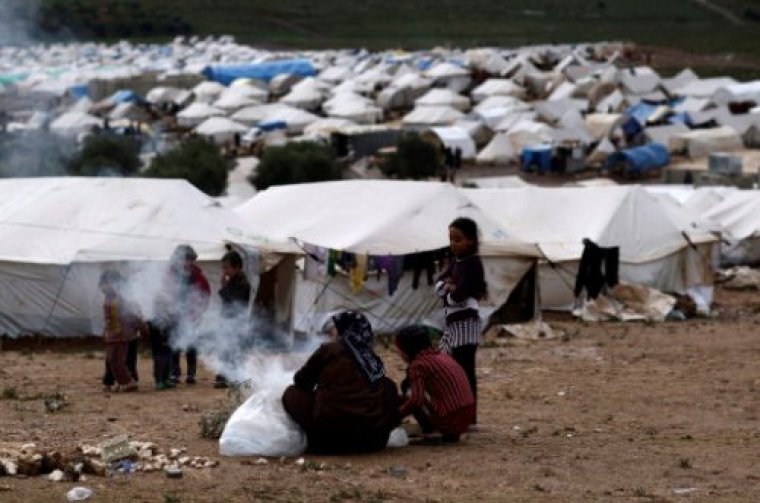
More than 6.8 million people are in need of humanitarian assistance as a result of the two-year war in Syria, with around 1.8 million people now living as refugees in neighbouring countries like Lebanon, Jordan and Turkey.
The United Nations recently declared Syria to be the worst refugee crisis since Rwanda two decades ago. More than 6000 people are fleeing the country every day, and around half of them are children.
"It is heartening to see the Australian Government responding to the call for urgent funds, but the international community must not take this as a sign that we can be complacent," Head of Humanitarian and Emergency Affairs Anthea Spinks said. "Tragically, the conflict continues to escalate with around 5000 people dying every day in Syria and thousands more fleeing into countries which are unable to care for them. Globally, there is still an urgent need for funding."
Ms Spinks said it was also pleasing to see that the Government's commitment includes $12 million to support programs within Syrian borders.
"World Vision aid workers are on the ground in Syria and seeing the very worst impact of the war on civilians," Ms Spinks said. "It is crucial that donor money is directed to both the desperate need within Syria as well as the refugee crisis in neighbouring countries."
World Vision is responding to the crisis in Syria, Lebanon and Jordan and has helped around 200,000 internally displaced people (IDP), refugees and members of host communities.
In Syria, the organisation has just opened a primary health clinic which is responding to the needs of people living in IDP camps. In one location, 1,200 people are living in a camp the size of a football pitch. Around half of the patients seen so far are children, with diarrhoea, respiratory tract infections and skin diseases being the most common illnesses.
"Ultimately, we will continue to see suffering on a mass scale until a peaceful resolution can be secured," Ms Spinks said. World Vision continues to call on the parties to the conflict to respect international law and protect civilians, including allowing safe and unimpeded humanitarian access to affected communities.